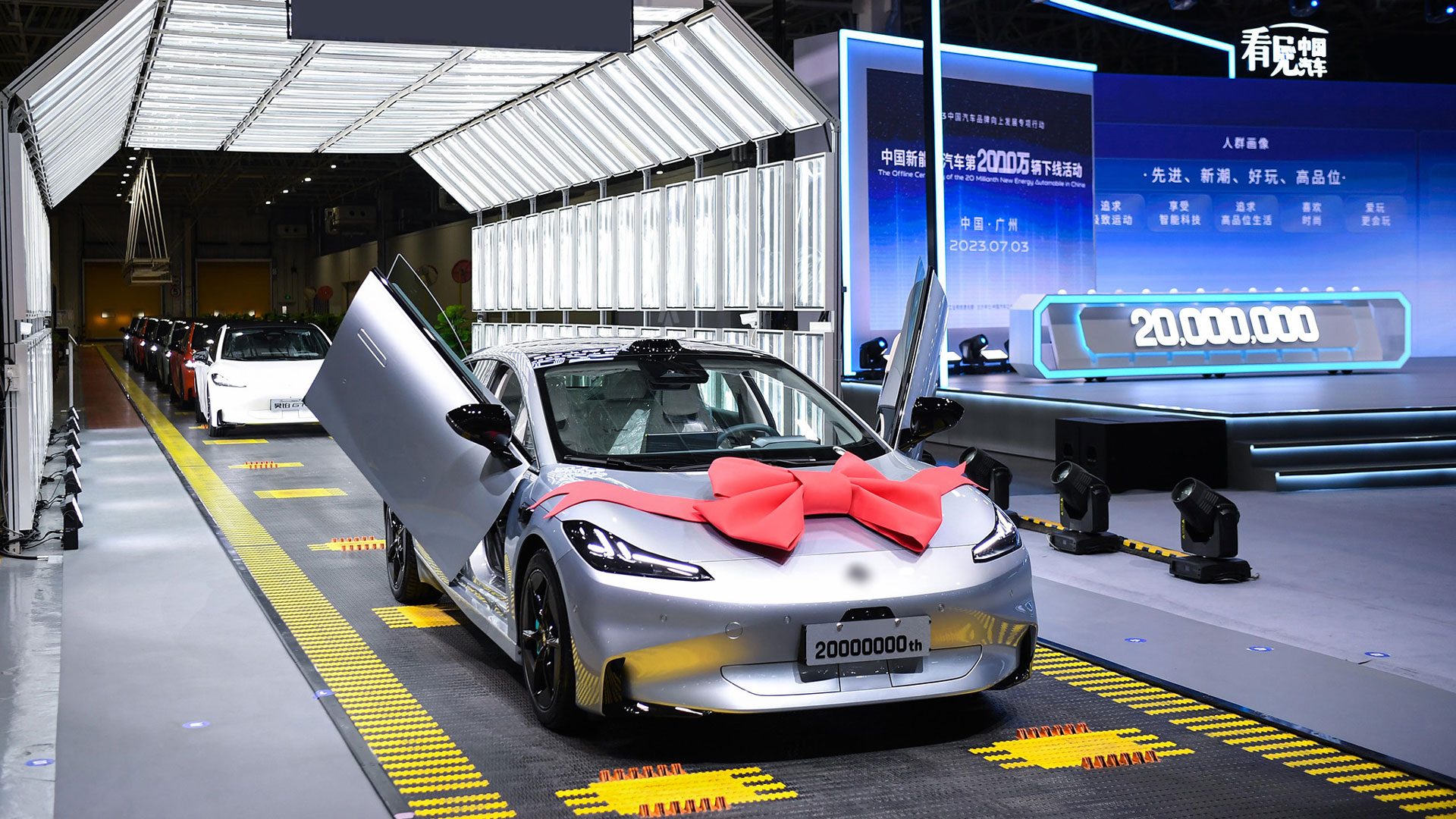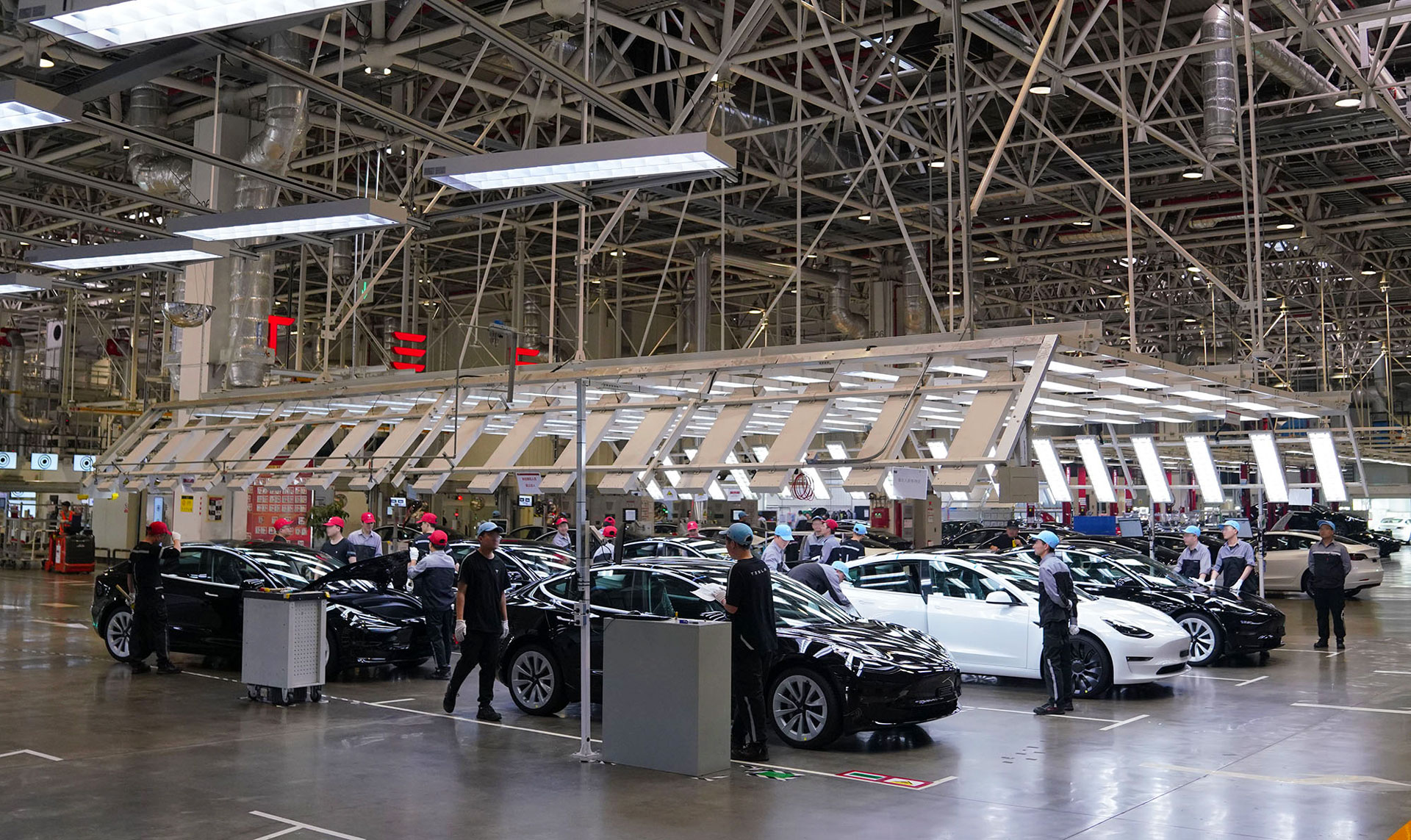
How China gained pole position in global battery electric vehicle sales
Propelled by policy, cutting-edge batteries, and global prowess, China leads the EV race, and is reshaping the future of sustainable transportation.
Defying convention
In the competitive world of electric vehicles (EVs), China has emerged as a leader in the global market.
But a decade ago, the sight of an EV in China was a rare occurrence. In the historic automotive landscape, dominated by traditional combustion engines, electric was seen as a novelty, struggling to secure a foothold in the market.
Fast forward to the present day, and one out of every three cars sold in China now boasts a green plate, marking a profound shift in consumer adoption.

“In just the past two years, the number of EVs sold annually in China grew from 1.3 million to a whopping 6.8 million,” notes MIT Technology Review. “This makes 2022 the eighth consecutive year in which the country was the world’s largest market for EVs.”
China’s full-throttled embrace of EVs defies conventional wisdom, which forecasts incremental change rather than sweeping reform. Over a quarter of new cars sold in China last year were EVs or hybrids, a figure that far outpaces the global average of 13%. China has also become a market leader in EV production, in 2022, 60% of the world’s new energy vehicles were built by Chinese manufacturers.
But as China’s EV market continues to thrive, a single question remains in the minds of many in the global automotive industry – how did they do it?
The secret to success
The key to China’s EV boom lies in a strategic government roadmap that demonstrates the power of ambitious energy policy.
In the early 2000s, as part of the 10th Five-Year Plan, the Chinese government earmarked energy optimization and low emission vehicles as a priority area of research. This would lay the groundwork for an unprecedented level of innovation.

Policy primacy was matched in equal terms by monetary commitments, which, in turn, fueled the nation’s electric ambitions. In figures released by China’s Ministry of Industry and Information Technology, 152 billion yuan ($21.5bn) was funneled into the production of new energy vehicles (NEV), between 2010 and 2020, including EV, plug-in hybrid electric vehicles, and fuel cell electric vehicles. In June 2023, continued support of the lessened NEV purchase tax policy was announced, with preliminary estimates indicating a 520 billion yuan ($72.7bn) saving between 2024 – 2027.
Another important feature of China’s EV policies is its focus on consumption stimulus as a way of prompting behavior change.
Deng Zhou, a policy researcher with the Chinese Academy of Social Sciences, references Shanghai’s approach to EV adoption as a prime example of consumption stimulus. In China’s biggest city, most eligible electric vehicle owners receive free car plates, while fossil-fueled car owners must bid for theirs. With the average transaction price of license plates standing at around 92,000 yuan ($13,000), this is a significant incentive that encourages consumers to switch from petrol to electric.
Other initiatives have gone further, with Beijing imposing weekday driving restrictions on fuel cars based on license plate numbers. This lottery system has convinced many drivers to choose electric vehicles, which are free from weekday traffic controls.

Battery dominance
Central to China’s global success is the level of innovation in the domestic battery production market, which has not only made EV adoption more affordable but also reduced the nation’s reliance on imports.

Take Contemporary Amperex Technology Co. Ltd (CATL), a major player in China’s battery production. Over the past decade, its dedication to researching lithium iron phosphate (LFP) batteries – which were a much less popular choice at the time – has paid off; CATL recently introduced the Shenxing superfast LFP, capable of doing 400 km with just a 10-minute charge.
Meanwhile, with the introduction of home-grown advanced batteries such as Build Your Dreams’ (BYD) Blade Battery – now thought to be the most advanced in the world – many top-selling EV models can now achieve a range of up to 600 km on a single charge. This not only marks a significant improvement from 2020, when most of the top selling EVs in China had a battery range of approximately 300 km, but also puts EVs on a par with combustion vehicles.
A new era of sustainable transport
As China retains its position as the largest consumer market for EVs, the motoring landscape continues to shift – both domestically and internationally.
Asserting its dominance through policy and production, the simplicity and affordability of its cutting-edge batteries has led to a wave of mass adoption unsurpassed anywhere in the world.
As China aims to bring carbon dioxide emissions to a peak before 2030 and achieve carbon neutrality before 2060, it’s clear that the world’s second-largest economy will continue to shape a new era of sustainable transport for decades to come.
Read More



